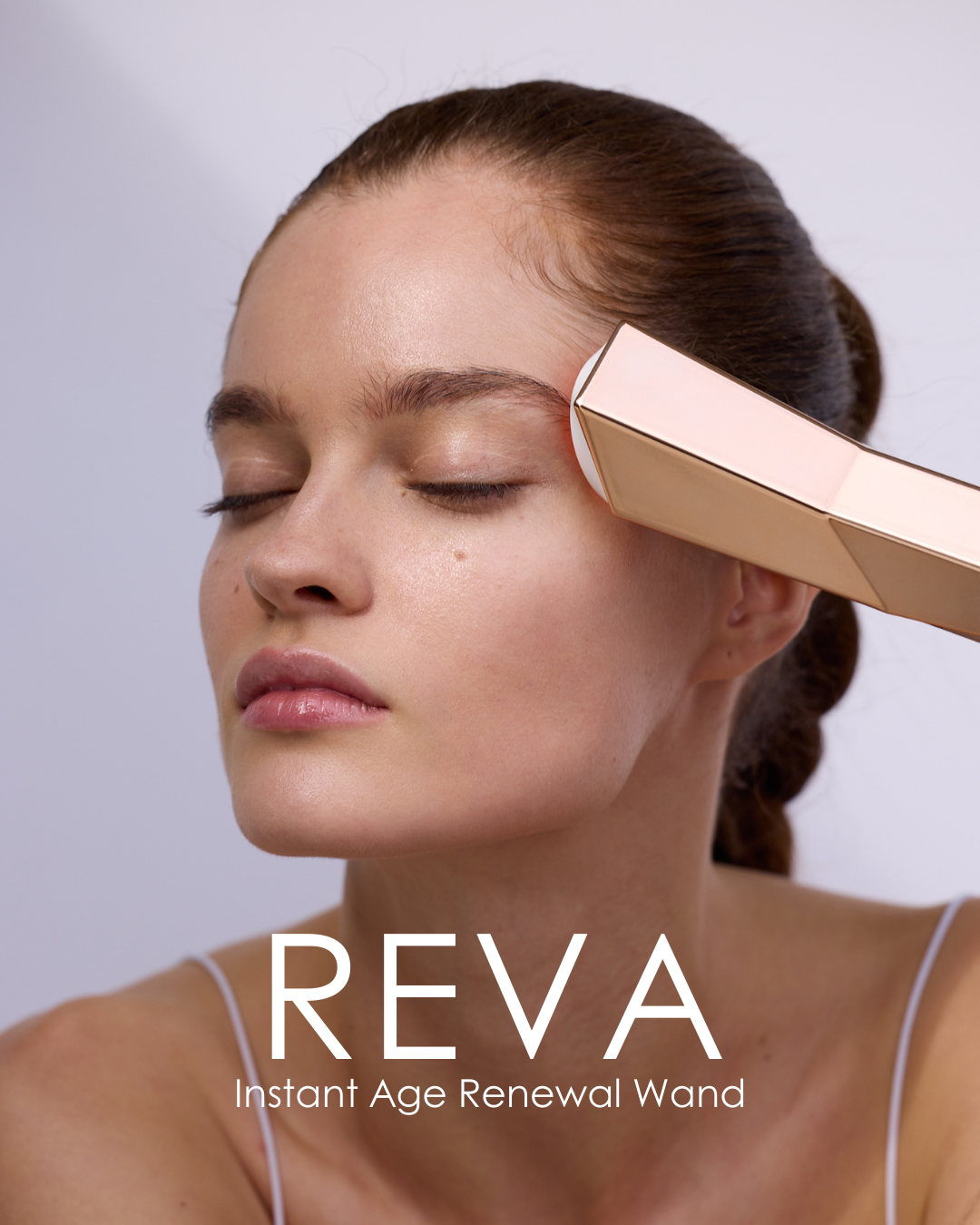
How to Care for Acne-Prone Skin
IN THIS ARTICLE:
- 01 SKIN HABITS THAT MAKE ACNE WORSE
- 02 SKIN CARE TIPS FOR ACNE-PRONE SKIN
- 03 BASIC SKINCARE ROUTINE FOR ACNE-PRONE SKIN
- CLEANSE
- APPLY SUNSCREEN (for morning routine)
- MEDICATE
- MOISTURIZE
Acne is a skin disease that affects the hair follicles and sebaceous glands. According to the American Association of Dermatology, acne is the most common skin condition that affects up to 50 million Americans every year.
The factors contributing to acne formation are as varied as the many solutions out there that promise to end acne. This makes the acne skincare journey even more difficult. Good thing is that you can always start with the basics. Here are essentials facts and tips about acne to help you understand skin disorders better.
SKIN HABITS THAT MAKE ACNE WORSE
Bad skin habits can be one of the reasons why it’s taking so long for your skin to clear up or why your treatment doesn’t appear to be working. Here are some seemingly harmless ways that are, in truth, exacerbating your breakouts.
- Washing your face too much - Washing your face every time you feel like it makes your skin even thirstier and not hydrated. The skin’s natural oils serve as barriers against pollutants and overwashing strips away these oils leaving your skin vulnerable to damage.
- Not finishing your treatment - Trying a new remedy every week or so or quitting too soon on your acne meds confuses the largest organ of your body. It always takes time to heal. Your body needs to get accustomed to meds in a week or two before you start seeing signs or results.
- Drying your skin out - Washing your face all the time, blotting here and there, and using strong skin products like astringent may send the wrong signal to your oil glands. These glands tend to produce more oil when the skin is dry.
- Touching your face too much - It’s not rocket science - touching and rubbing clearly helps spread infection, not to mention dirt and other contaminants that you may already have in your hands.
SKIN CARE TIPS FOR ACNE-PRONE SKIN
Complement your skin-clearing routine with little things like changing your pillowcase regularly or fighting the urge to touch your face. These good skin habits go a long way and can potentially make treatment more effective and healing faster.
- Wash your face twice a day - extra washing is a must after a sweat-inducing activity like working out
- Avoid scrubbing your face - acne-prone skin is skin at its most fragile, handle with care
- Stay away from comedogenic beauty products - heavy oils and creams, make it a habit to read the label
- Change your pillowcases regularly - there is no point in washing your face in the morning if you let bacteria and dirt thrive in your pillows
BASIC SKINCARE ROUTINE FOR ACNE-PRONE SKIN
Creating a skincare routine for acne-prone skin is not that complicated. At your skin’s most vulnerable stage, it does not need complicated routines and an onslaught of products that can further harm your skin barrier. Here are the foundational steps for a skincare routine that focuses on skin clearing. Modify depending on your skin’s needs and concerns or what works best for you.
CLEANSE

Skin impurities cause acne so don’t skip cleaning and don’t overdo it too. Cleanse once in the morning and once in the evening. Choosing the right type of cleanser is also crucial. For dry skin, pick cleansers in cream or oil forms. Oily and acne-prone skin types are better with cleansing gel. Foaming cleansers are for oily, combination, and normal skin types.
Project E Beauty’s Hydrating Facial Cleanser works for most skin types: oily, dry, and sensitive. Its nutrient-rich, deep-cleansing formula gently lifts off surface debris, oil, and other impurities leaving the skin refreshed and hydrated.
For thorough yet gentle cleansing, try the Project E Beauty Luma Blue Acne Light Therapy Pimple Cleansing Brush. Does blue LED light therapy work? This FDA-approved device utilizes blue LED light that kills acne-causing bacteria and regulates oil production. The soft deep-cleaning brush head effectively removes dirt and works well with the Hydrating Facial Cleanser.
APPLY SUNSCREEN (for morning routine)
Don’t do more damage to acne-prone skin by exposing it to the sun’s harmful rays. Acne and blemishes compromise the skin barrier leaving it susceptible to more damage. Sun damage can also possibly lead to hyperpigmentation which worsens the appearance of acne scars. Remember to add this extra step to your skincare routine in the morning.
MEDICATE

For acne conditions that just won’t budge, see a dermatologist for acne advice and medication. Prescription or not, medications become more effective when applied at night closer to bedtime. This is because the body releases growth hormones that help with repair and restoration as you sleep.
When looking for the right acne treatment, don’t be a snob to new technology. Light therapy was first used as a pain treatment for cancer patients. In a cosmetic setting, the same healing properties apply. Explore blue LED light therapy benefits with Project E Beauty’s Blue LED Light Therapy. This non-invasive device uses 40 high-intensity LED bulbs to produce light energy that kills acne-causing bacteria and controls sebum.
MOISTURIZE
Moisturizing is still a must even with acne-prone skin. People tend to dry out their skin during acne breakouts. Overly dry skin causes glands to produce more oil which can aggravate skin irritation. Choose a hydrating lightweight moisturizer that can go smoothly over topical acne medications without interfering.
Experience blue LED light therapy color benefits
Acne treatment varies from person to person, there is no one-size-fits-all solution. Learning more about acne, your own skin, and what it needs, plus the valuable advice of a skincare professional can definitely help you decide which route to take.

written by Olivia Khader
References:
https://www.teenvogue.com/story/how-to-treat-a-breakout
https://www.aad.org/public/diseases/acne/skin-care/habits-stop














Leave a comment
This site is protected by hCaptcha and the hCaptcha Privacy Policy and Terms of Service apply.